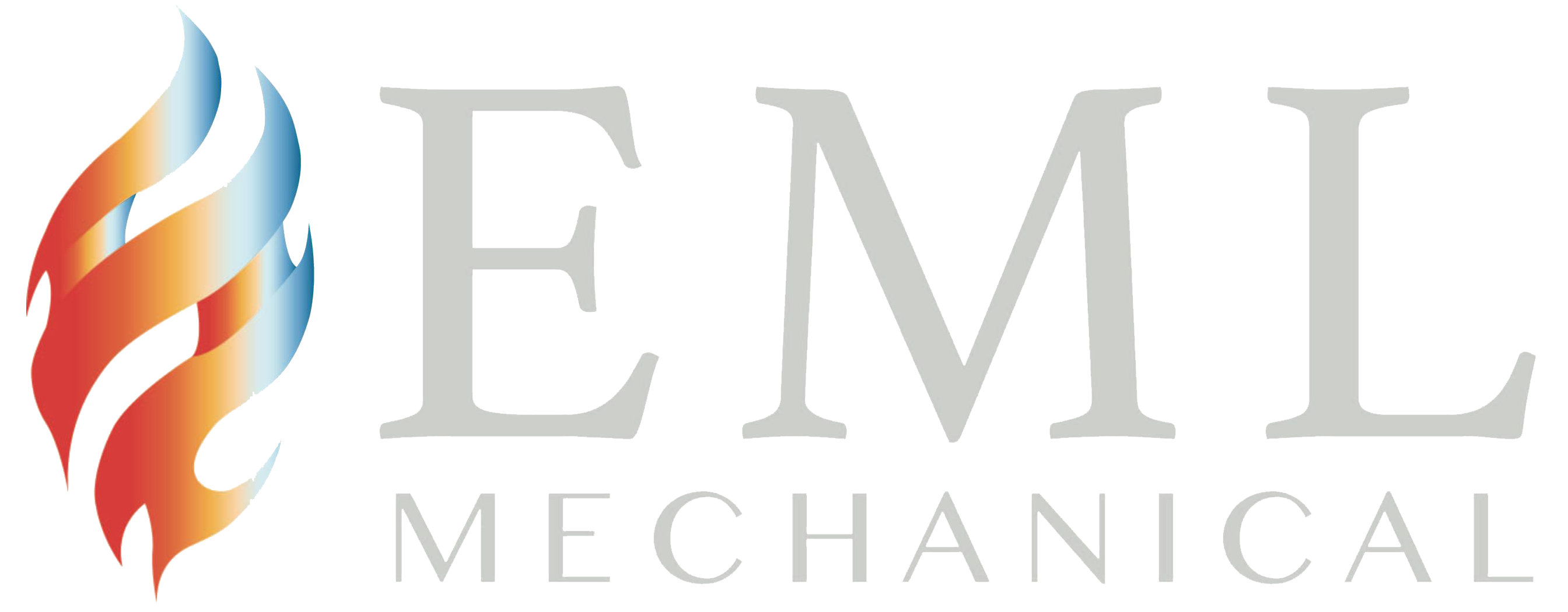Homeowner's Guide
Your #1 trusted source for essential information about HVAC systems for your home.
Explore our easy-to-understand resources to find answers to common questions and gain valuable insights to ensure your home’s comfort year-round.
Do you offer water heater replacements?
How much do they cost?
Yes, we do.
Whether you are looking for a basic swap out of your water heater or upgrading to a tankless system we can help you. On average water heaters can cost a homeowner $3,500 – $7,000.
How much does an HVAC system installation cost?
This requires many factors. The installation of a good HVAC unit in your home ensures that you have a comfortable home. Generally, the HVAC system installation cost is different across the board per specific factors. For example, a ducted system needs to have a network of ducts, which will add to the installation cost if your home isn’t already fitted with HVAC ducts. On the other hand, a ductless system means you don’t have to install any ductwork. However, a ductless system might be generally less costly to install but might cost more to buy. As aforementioned, the average cost of installing an HVAC system in New England relies on various installation factors. These include:
- how complex the installation is
- the square footage of your home
- the HVAC system type
- the number of HVAC zones
- how efficient the system is
- heating and cooling capabilities
- additional accessories
HVAC contractors typically charge per square foot. Therefore, it will cost more to install an HVAC system if you have a bigger home. If there is a need to divide the house into HVAC zones, it will likely cost more as additional dampers are needed to redirect air into these different zones. The HVAC system’s Seasonal Energy Efficiency Ratio (SEER) and Annual Fuel Utilization Efficiency (AFUE) will also impact the cost. A highly efficient system costs more and vice versa. For instance, the Air conditioning, Heating, and Refrigeration Institute (AHRI) report that an air conditioner’s SEER rating usually ranges from 13 to 28, with the cost increasing as the efficiency increases. HVAC systems equipped with additional accessories, like indoor air purifiers, UV lights, dehumidification systems, and whole-house humidifiers, are also likely to drive up the HVAC installation cost. The different types of systems are detailed further below.
How much does a new boiler cost?
One benefit of using a boiler is that they provide dependable and stable heat to keep your home warm. However, this still depends on the unit’s efficiency. The cost of the boiler installation in your house basically depends on your home’s square footage, with bigger homes costing more than smaller ones. In New England, installing a boiler can cost you from $11,500 to $15,900 for an oil boiler that does not provide hot water. For an oil boiler with an indirect water heater, the installation costs can range from $15,500 to $19,900. An 85% gas boiler ranges from $13,00-$15,00, whereas a 95% gas boiler installation ranges from $15,900 to $24,900 Some of the other factors that can impact the installation cost of your new boiler are:
- Location: When choosing the boiler’s size for your home, you should consider the region’s climate. This is the reason behind the varying cost of boilers in different locations. Moreover, the price also differs from state to state.
- Boiler Size: Bigger homes typically need larger boiler units to ensure efficient heating and vice versa. Installing bigger boilers costs more than installing smaller units. Specifically, larger boilers need more infrastructure and labor, and these require additional costs. Keep in mind that installing an oversized unit increases your heating costs unnecessarily, resulting in an uncomfortable home. Therefore, consult a professional HVAC contractor to help you find the best BTU for your home and the correct boiler size.
- Boiler Type: Common boiler types are conventional boilers, system boilers, and combination boilers. The last type is generally less costly than conventional ones. They also have varying efficiency levels.
- Fuel Type: Consider the fuel cost when calculating residential boiler prices. A few of the fuel types used to power boilers are gas, heating oil, and electricity. The prices of these power sources tend to fluctuate depending on the market forces and season. Therefore, consider these when choosing the fuel type for your boiler.
Special Features: Switching from one boiler or fuel type to another means that the HVAC contractor will need to modify or upgrade your home during installation. Features like oil tanks, ducts, electric cables, and valves might be required, depending on the boiler type. These factors will drive up the cost of installation.
What is the cost to install a furnace?
Installing a furnace in New England has an average cost that ranges from $7,500 to $9,000 for an oil furnace. A gas furnace installation ranges from $6,500 to $8,500. This cost changes depending on the house’s square footage. The following are other factors that impact the furnace installation cost:
- Installation Complexity Of The Furnace: It takes around 4 to 8 hours to install a furnace in a residential structure on average. More time might be needed when there are some complexities involved, such as gas lines, HVAC ducts, and modifications on electrical wiring.
- Furnace Energy Source: The fuel type used in the furnace can affect the cost of installation directly. For example, furnaces powered by electricity usually cost less to install but typically have a high energy cost. Gas furnaces are cheaper than oil furnaces as well. However, heating oil burns hotter than natural gas, and hence, is cheaper to use in the long run.
- Furnace Size: The price of furnace installation increases with the unit’s size. An expert HVAC contractor will conduct a Manual J load calculation for your home to determine the right furnace size. Having a furnace that’s too small will not provide sufficient heating, while a furnace that’s too large will hike up your heating bills and dry up the humidity in your home.
- Efficiency: Highly efficient furnaces are typically more expensive at the onset. Fortunately, they can significantly reduce your long-term energy bills. Consult an experienced HVAC contractor to help you choose an energy-efficient furnace with a superior AFUE rating.
How much does it cost to install central air conditioning?
Additional features like installing HVAC ducts can cause the installation cost of your HVAC unit to increase. If you already have ducts and a furnace installed, you will probably save on the installation costs of your central air conditioner. Moreover, it will be easier for HVAC technicians to install a central air conditioning system in a home already fitted with ductwork and a furnace. Keep in mind that the condition of the ducts and furnace may influence the costs when installing a forced-air AC system. For example, old and worn-out ducts need refurbishing or replacing to maintain the high efficiency of your central air conditioner. The furnace might also require servicing if it isn’t in excellent working condition. If the furnace works perfectly, you are likely to have big savings on the installation costs. This type of installation ranges from $7,000 to $10,000. Naturally, this depends on various factors.
Factors That Influence Central Air Conditioner Installation Cost
Listed below are a few of the factors that affect the central air conditioner installation costs:
- Type Of Air Conditioner: Air conditioning systems come in various sizes, shapes, and functionality. For example, systems can come in single-speed or variable-speed air conditioning. The air conditioner type you select will have a direct impact on the installation costs.
- Air Conditioner Size: Larger air conditioners are likely costlier because they provide air to a more expansive square footage.
- AC Efficiency: Air conditioning systems with a high SEER rating usually have a higher cost. One of the advantages of such a system is that you will have more savings when it comes to long-term energy costs because of the system’s high efficiency.
- HVAC Installation & Labor Rates: HVAC contractors charge different installation prices, depending on the air conditioner size, complexities, and other factors. You can significantly lower your installation costs without compromising the quality of the air conditioner installation when you hire the experts at Townsend Energy Residents in Northeastern Massachusetts, Southern New Hampshire, and Maine should call today for a free consultation.
- HVAC Ductwork Condition: As previously mentioned, installing a central air conditioner in a house already fitted with ductwork generally costs less. This is assuming that the ductwork doesn’t need to be replaced or renovated. If the HVAC contractor needs to install everything, including the ducts, from scratch, you are likely to have increased HVAC system installation costs.
- Additional HVAC Equipment: Additional accessories in your central air conditioning system, such as air purifiers or whole-house dehumidifiers, will increase costs.
- HVAC Zones: If various parts of your house have different heating and cooling needs, you will require an HVAC zoning system to ensure that the system can supply air per the household’s needs. The number of dampers that need to be installed depends on how many zones are created. Unfortunately, this will lead to an increased installation cost.
How much does it cost for ductless system?
Ductless Air Conditioning In Specific Rooms To Cool Room by Room
Some rooms in your home might have particular heating and cooling needs at times. For example, you might have a newly-built sunroom that’s hotter in the summer than other rooms around your home. Therefore, zoned cooling becomes a requirement. A ductless air conditioning system lets you control that room’s temperature without any modifications to your home’s structure or the need to install ductwork. Single-zone ductless mini-split systems are very helpful in providing supplemental cooling or heating in particular rooms. When you heat or cool specific rooms as needed, you can significantly lower your energy costs, making ductless zoned systems more efficient. A single zone tends to cost $7,000-10,000.
Ductless For The Entire Home – Multi-Head Ductless Install
If you want to heat or cool various rooms independently via a ductless system, you can do so with a multi-zone ductless HVAC system. A single compressor can handle up to 8 indoor air handlers, so you can control the airflow in these different rooms or zones. Depending on the heating or cooling needed, each room can be set with different temperatures on its thermostats. You can even turn off the heating or cooling in rooms that aren’t occupied, allowing you to save energy costs. Multi-zone ductless HVAC systems are usually for two-story homes, older homes not fitted with ductwork, and other configurations. Installing such a system in your home can cost anywhere from $9,800 to $24,00+ in New England.
How often do I need to change my air filters?
Once a month is a pretty good rule of thumb for most people. Depending on where you live and how much dirt, pet dander, and other contaminants are present, the answer could be more or less. Check your filter frequently to determine if it’s dirty. If it is, change it.
What size unit do I need?
There’s no easy answer for this one. A lot of factors will go into what size heating and cooling unit you’ll need. The type of house you own, its walls, insulation, attic space, and more can go into determining what size unit is required. A system that is too large could result in a home that’s too humid, causing problems with moisture and mold. A system that is too small will run constantly, running up your energy bill. Only a qualified heating and cooling technician can determine what size unit is best for your home. Schedule a comfort consultation with us today so we can best guide you.
If I replace my outdoor unit, do I need to also replace my indoor unit?
In most cases, the answer is yes. There are a variety of reasons why you should replace both the outdoor and indoor units simultaneously. For starters, air conditioner and heat pump outdoor units are manufactured to work with a matched indoor unit. When you mix and match units, it can result in reduced efficiency and performance.
Also, if you bought your indoor and outdoor units at the same time, your indoor unit will probably be approaching the end of its useful life at about the same time as the outdoor unit.
By not replacing the indoor unit too, all you’re doing is delaying the inevitable and likely paying higher energy bills at the same time. By purchasing indoor and outdoor units simultaneously, you’ll get a warranty covering the whole system, meaning that you won’t have to cover the full cost of any needed repairs to your unit during the warranty period.
Should I cover my A/C unit in the fall and winter?
While covering your unit can prevent unwanted debris from accumulating on the unit, it can also cause problems if you try to operate it with the covering in place. If you’re going on a long trip and plan to turn the unit off while you’re gone, feel free to cover it up. Just make sure you disconnect the power source before leaving.
What causes A/C units to freeze up?
There are a lot of reasons why your air conditioning system might freeze up, and all of them require help from a professional technician to resolve, as only they have the training and correct tools to fix the problem.
Ironically, low refrigerant can cause your system to freeze up. Over time, wear and tear to your system can result in leaks that cause the system to lose refrigerant. When your unit loses refrigerant, it causes the system to freeze up because of low pressure inside the system.
When freon levels are low, the refrigerant still is forced to expand to the same amount. The more that expansion occurs, the cooler the temperature is produced. The colder temperature will cause moisture in the air around your unit’s evaporator coil to freeze, eventually icing up the coil and impeding its function.
Dirty evaporator coils can cause units to lose airflow and, eventually, cause the system to freeze up. Defective blower motors can also cause freezing.
How often should I have my unit serviced?
Heating and cooling units need to have scheduled check-ups to make sure everything is operating properly. HVAC experts recommend an annual inspection and service call by your heating and cooling company. Technicians should inspect your system, lubricate components, and repair or replace any malfunctioning components. Please see our service maintenance membership plans for the best recommendations.
Why are my ducts making a popping sound when the furnace starts or stops?
Popping noises are usually indicative of ducts that are too small to manage the airflow your system is generating. Qualified air conditioner repair specialists can evaluate your ductwork and make necessary adjustments.
How do I find out if my unit is under warranty?
Check the label on the outer surface of your equipment to determine its manufacture date. If it’s less than five years old, there’s a good chance that your equipment is covered by a warranty. Contact the manufacturer for more details.
What’s the best way to extend the life of my unit?
Heating and cooling units are a big investment, so it’s understandable that you’d want them to last as long as possible. Reducing usage is always helpful, so turn the thermostat up or down, as needed, to reduce use when you’re not at home. Changing air filters will prevent clogs. Regular check-ups can also help you ward off any potential trouble spots.
What is a zoning system?
Zoning Systems separate your air conditioning system’s ductwork into different segments, allowing you to exercise temperature control in each segment, thus allowing for more targeted and efficient air conditioning.
For example, you may have a room with many windows that gets hot in the summer and which may need more air to cool down, while you may also have a rarely occupied guest room on the other end of the house. With a zoned air conditioning system, you can direct more cold air to the many-windowed room and less air to the unoccupied room. This allows for more efficient use of your AC system and more comfortable home.
What can I do about indoor air quality?
Indoor air quality is a major concern, as many studies show that air pollution is much worse indoors than outdoors. You can improve your indoor air quality with frequent dusting and vacuuming, and you can also have a qualified technician install devices such as UV light units, special air filters, and electronic air cleaners to improve indoor air quality. Poor indoor air quality has been linked to many illnesses, so improving your home’s air quality is an investment worth making.
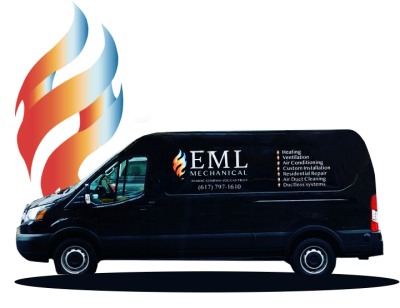
Still have questions?
Contact our team today! We would be glad to help you get them answered or provide you an estimate.
Explore Our
Membership Plans
An HVAC Company You Can Trust
Proud Partners
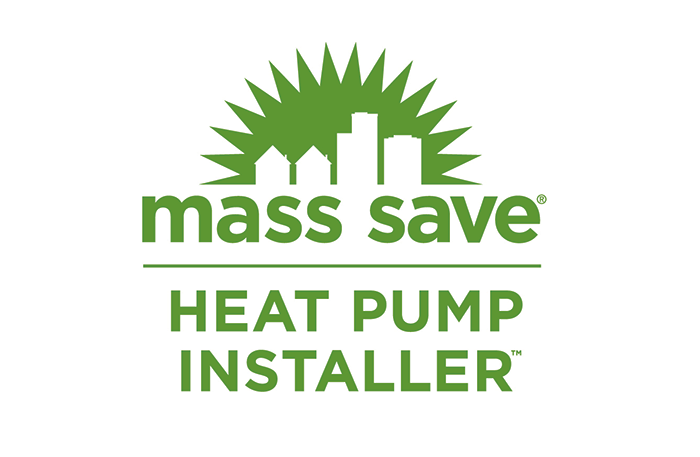

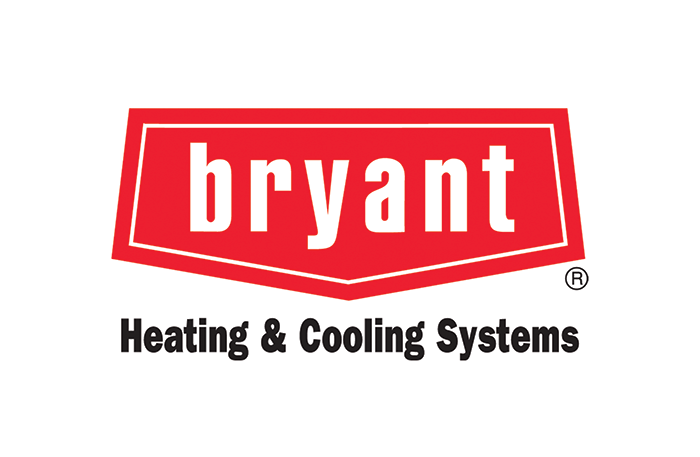

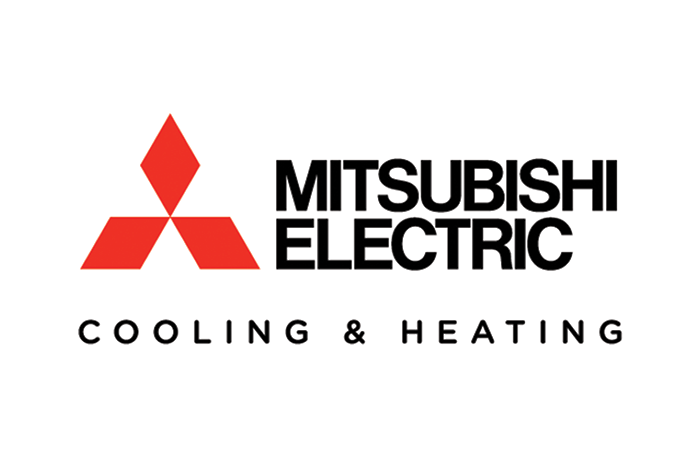
Business Hours
Monday-Friday
7:00AM – 5:00PM
Saturday
7:00AM – 3:00PM
Sunday
CLOSED
Request An Estimate
From Our Team
Contact
Our Team Today
Ready to experience unmatched Heating & A/C services?
Contact EML Mechanical today to schedule a consultation or request a service. We take pride in our commitment to customer satisfaction and will work diligently to meet your heating and cooling needs.
When you choose EML Mechanical, you’re choosing comfort and quality.
